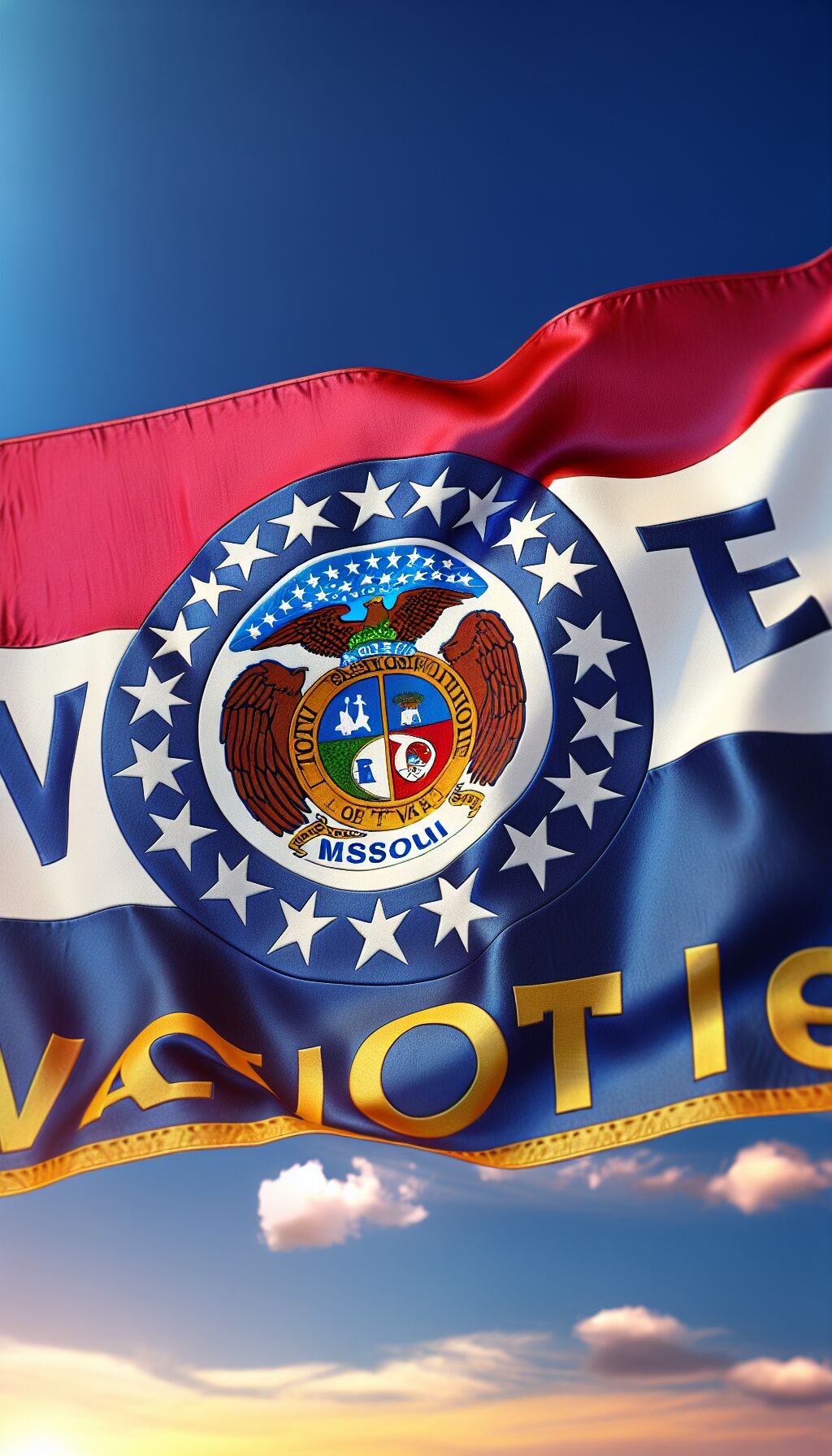Missouri’s Photo ID Voting Law Upheld: A Significant Judicial Victory
By [Your Name], Fox News Contributor
Date: [Insert Date]
A Win for Election Security
Missouri Attorney General Andrew Bailey celebrated a recent ruling that upheld a state law requiring voters to show a photo ID, calling it a “huge win for election security.” In an exclusive statement to Fox News Digital, Bailey remarked, “Missouri proved today how to handle radical activists that come into a state with secure elections and try to undermine them through the legal process.”
The Reaction from Officials and Activists
The ruling was met with significant applause from Republican leaders, with Bailey emphasizing that this decision reflects a broader victory for Missouri as the “Show Me State.” He voiced his satisfaction on social media, stating, “We went to court, we put on the evidence, and radical activists working to undermine our elections FAILED. This is a HUGE win for election security.”
Notably, tech entrepreneur Elon Musk also weighed in, congratulating Bailey on X (formerly Twitter) and calling for similar measures nationwide.
Court’s Ruling and Legal Background
The court’s decision to uphold the voter ID law comes amid ongoing debates about voting rights and election security. Critics argue that such ID requirements can disenfranchise eligible voters, disproportionately impacting minorities and those without easy access to identification. However, Bailey’s office successfully presented evidence asserting the necessity and effectiveness of the law in maintaining the integrity of the voting process.
The judge’s ruling affirmed that the voter ID law does not impose severe burdens on voters. Missouri already provides free non-driver’s licenses for individuals who do not have a driver’s license, ensuring that residents can still participate in elections. Additionally, the health department’s Bureau of Vital Records offers free birth certificates for those seeking to obtain a non-driver’s license, further facilitating voter access.
Previous Legal Challenges and Legislative Context
In October 2022, the legal landscape surrounding Missouri’s voter ID law faced challenges when the Cole County Presiding Judge Jon Beetem dismissed a lawsuit from the Missouri League of Women Voters and the NAACP. This lawsuit contested a law imposed by the Republican-controlled state legislature mandating that voters present photo identification to cast regular ballots.
Under the 2022 law, voters without a valid photo ID can still submit provisional ballots, which will be counted if they later provide appropriate identification on that day or if election officials verify their signatures. While Republicans champion the law as a measure to prevent voter fraud, opponents assert that it creates unconstitutional barriers to voting, potentially suppressing turnout.
Before the law’s implementation, voters in Missouri could present a variety of identification forms, including voter registration cards, student ID cards, bank statements, utility bills, or valid driver’s licenses to cast their votes during elections.
The Broader National Context
The National Conference of State Legislatures reports that 36 states either request or require identification to vote, with at least 20 of those states specifically asking for photo ID. Missouri’s recent judicial victory may set a precedent that could be emulated by other Republican-led states looking to reinforce voter ID laws.
“I’m proud that Missouri will continue to lead the nation in defense of election security,” Bailey declared, positioning the state as a potential model for national policy when it comes to voter identification regulations.
The Ongoing Debate
As Missouri takes steps to bolster its voting requirements, the debate surrounding the implications of such laws continues to ignite passionate discussions across the United States. Advocates for voter ID laws argue they are critical for maintaining election integrity, while opponents claim they are often an overreaction that could disenfranchise eligible voters.
This ruling not only reflects the state’s judicial stance on the matter but also highlights the growing divisions in public opinion concerning voting rights and election security.










